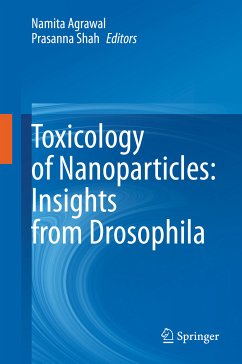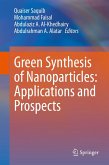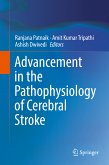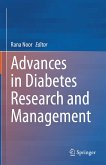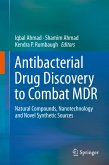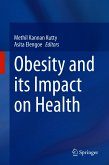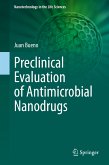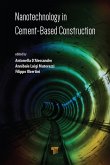The book begins with a chapter on synthesis and characterization of nanoparticles used for various biological, medical and commercial purposes. The rest of the chapters deal with the impact of nanoparticles on different biological aspects like behavior, physiology and metabolic homoeostasis using Drosophila as a model organism. Lastly, the book summarizes how proper characterization and evaluation of safe dosage of nanoparticles can be a boon if incorporated in consumer goods and for biomedical applications.
Overall, the book pursues an interdisciplinary approach by connecting nanotechnology and biology from various angles using Drosophila as a model system, so as to develop more efficient, safe and effective use of nanoparticles for human beings.
Dieser Download kann aus rechtlichen Gründen nur mit Rechnungsadresse in A, B, BG, CY, CZ, D, DK, EW, E, FIN, F, GR, HR, H, IRL, I, LT, L, LR, M, NL, PL, P, R, S, SLO, SK ausgeliefert werden.

